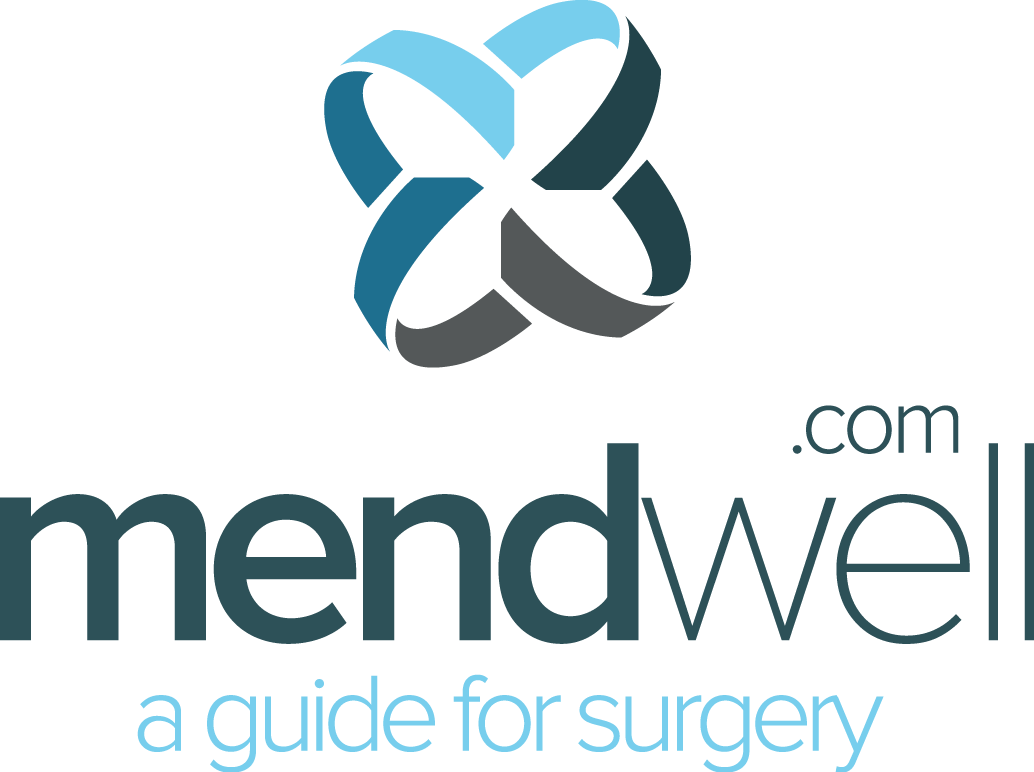Alcohol and Wound Healing
Many of us have reached for alcohol at one time or another to relax, take the edge off of a difficult day or loosen up socially. However, excessive alcohol consumption can have negative effects on the body’s healing processes, including wound healing. Wound healing is a complex process that involves physiological and cellular responses that work together to restore damaged tissue. Below, we’ll discuss wound healing, the way alcohol can affect this process, and potential strategies for mitigating these effects when it comes to your surgery recovery.
Alcohol and Surgery
Alcohol consumption has been shown to impair the body’s natural healing processes. If you are scheduled for surgery, you’ve likely been told to stop drinking alcohol at least 2 weeks before your surgery date. However, it is important to avoid alcohol during your recovery to give your body time to heal after surgery.
How Alcohol Affects Wound Healing
Studies have found that alcohol consumption can lead to delayed wound healing, increased risk of infections, and impaired immune response. This is because alcohol has several effects on the body that can interfere with wound healing, including reduced blood flow to the wound, increased inflammation, and impaired collagen synthesis.
- Reduced blood flow – One of the ways in which alcohol impairs wound healing is by reducing blood flow to the wound. Blood flow is essential for delivering oxygen and nutrients to the wound site, which is crucial for the healing process. Alcohol consumption can cause blood vessels to constrict, reducing blood flow to the wound site, and slowing down the healing process.
- Increased inflammation – Another way in which alcohol can interfere with wound healing is by increasing inflammation. Inflammation is a natural part of the healing process and helps to remove dead tissue and prevent infection. But, excessive inflammation can delay wound healing and increase the risk of infection. Alcohol consumption has been shown to increase the production of pro-inflammatory cytokines, which can increase inflammation and delay wound healing.
- Impaired tissue function – Finally, alcohol can impair collagen synthesis, which is critical for wound healing. Collagen is a structural protein that provides strength and support to the tissue. Alcohol consumption can interfere with the production of collagen, making it more difficult for the body to rebuild the damaged tissue.
Reducing Alcohol Use While Healing
The most effective way to prevent the above complications to wound healing is to limit or eliminate your alcohol consumption while healing. Reducing alcohol intake can help to improve blood flow, reduce inflammation, and support collagen synthesis. It is also essential to get consistent sleep, maintain a healthy diet and participate in safe, doctor-approved exercise, as this can help to improve the body’s natural healing processes.
Alcohol consumption can have negative effects on wound healing. It can reduce blood flow to the wound site, increase inflammation, and impair collagen synthesis. To mitigate these effects, it is important to limit alcohol consumption, maintain a healthy diet, and improve overall health. By taking these steps, it is possible to support the body’s natural healing processes and improve the outcomes of wound healing. Learn more about the relationship between alcohol and surgery recovery in the Alcohol category.


